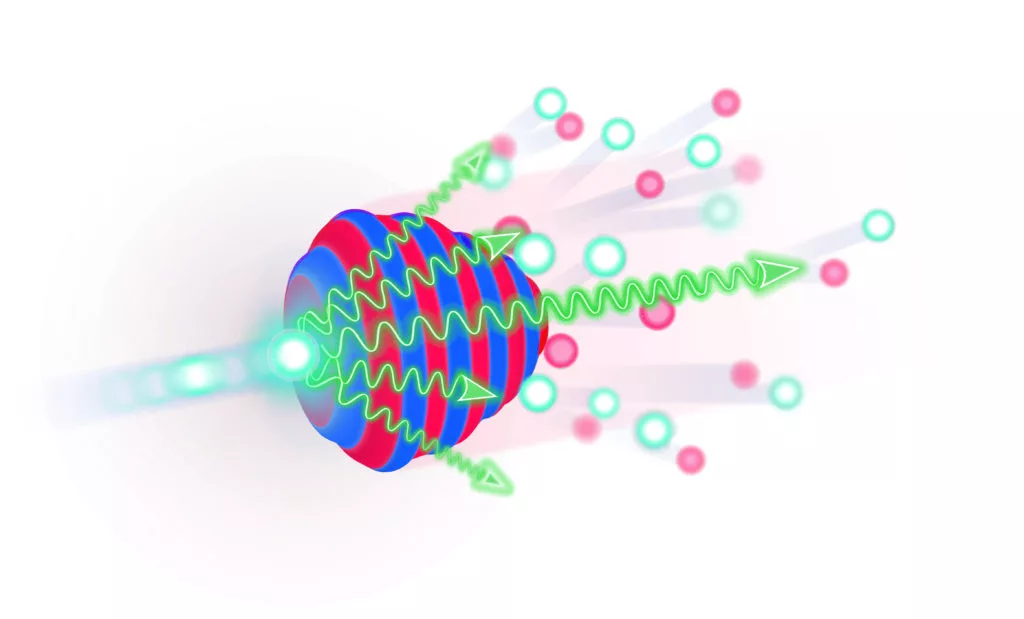The US is all set to kick off a new era in high-powered laser experimentation this week, with scientists moving the final pieces into place for the Zetawatt-Equivalent Ultrashort pulse laser System (ZEUS) at the University of Michigan. The instrument is described as the most powerful laser system in the US, and will help researchers explore a wide range of phenomena, including quantum physics, space and next-generation cancer treatment.
ZEUS is the successor to 0.5-Petawatt Hercules laser at the University of Michigan, the instrument behind the Highest Intensity Focused Laser as crowned by the Guinness Book of Records in 2008. While it will have a maximum power of 3 Petawatts, ZEUS is designed to simulate a beam roughly a million times more powerful than that by shooting its laser at a high-energy electron beam going the opposite way.
Deploying ZEUS’s full power in this way will simulate a zetawatt laser pulse, which will enable scientists to study extreme plasmas and investigate what’s known as quantum electrodynamics. This is the leading theory on how the universe functions at a subatomic level and the experiments could lead to the creation of matter and antimatter that help explain the foundations of some of space’s most extreme objects.

“Magnetars, which are neutron stars with extremely strong magnetic fields around them, and objects like active galactic nuclei surrounded by very hot plasma – we can recreate the microphysics of hot plasma in extremely strong fields in the laboratory,” said Louise Willingale, associate director of ZEUS.
Such operations aren’t expected to take place until further down the track. To begin with, low power laser pulses of 30 terawatts will be used to investigate new types of X-ray imaging technology, but 500-terawatt experiments are planned for the local fall before things will be ramped up to the zetawatt operations in 2023, described as ZEUS’s signature experiment.
Further to its value in unlocking the mysteries of the universe, ZEUS is expected to help scientists study how materials change on very rapid timescales and aid the development of technologies that improve nuclear weapons detection in shipping materials. Research at the facility could also lead to smaller and more efficient particle accelerators that generate proton beams and radioactive isotopes, accelerating the development of cancer therapies.
“ZEUS will be the highest peak power laser in the US and among the most powerful laser systems in the world,” said Karl Krushelnick, director of the Center for Ultrafast Optical Science, which houses ZEUS. “We’re looking forward to growing the research community and bringing in people with new ideas for experiments and applications.”
You can hear from some of the researchers involved in the project in the video below.
Source: University of Michigan




